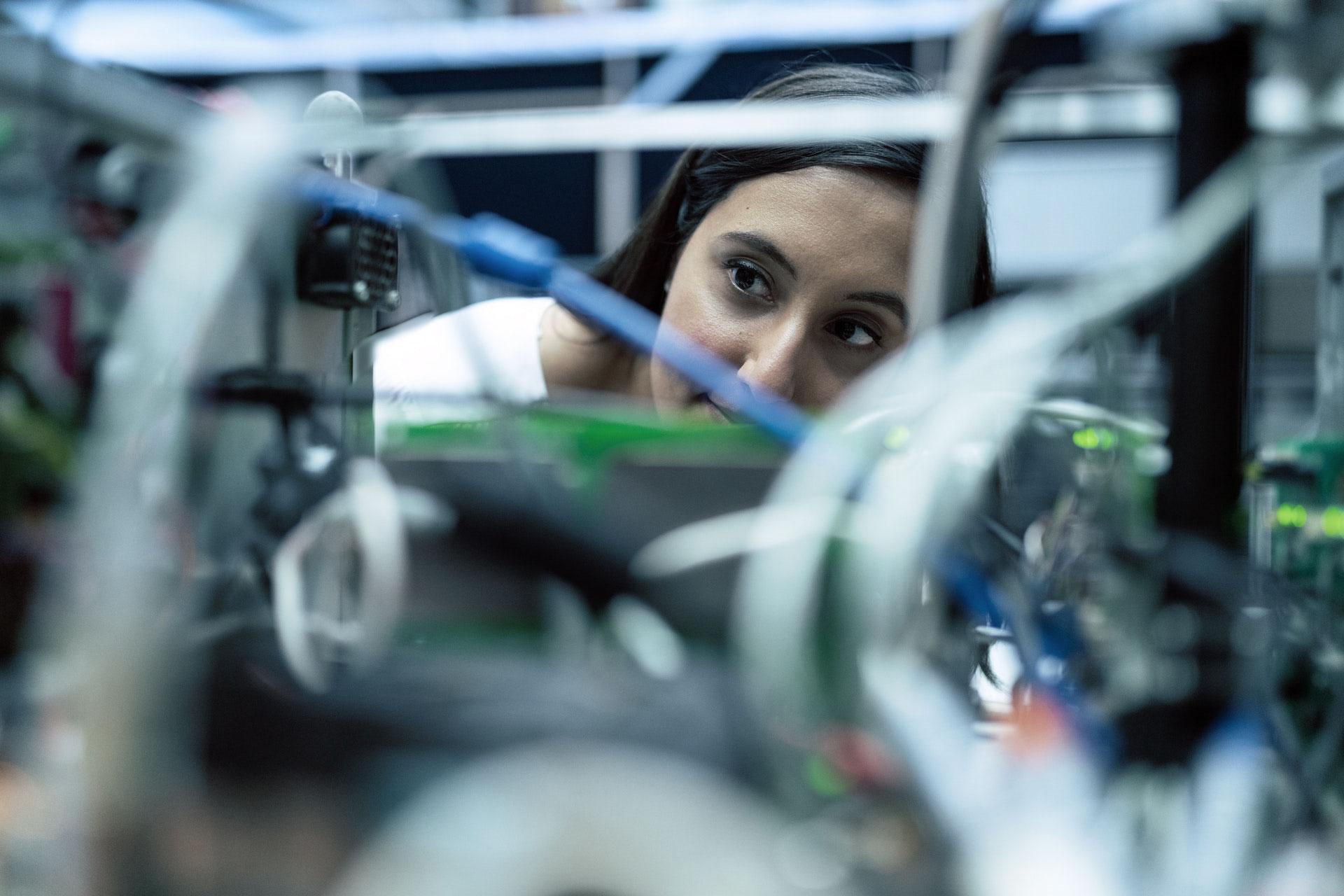SNSF Consolidator Grants 2022: 30 projects approved

The SNSF is awarding 54 million Swiss francs to projects selected under the transitional measure SNSF Consolidator Grants 2022.
Due to Switzerland's current status as a non-associated third country in the Horizon Europe Framework Programme, the SNSF launched the transitional measure "SNSF Consolidator Grants 2022" on behalf of the Swiss government. The measure is aimed at researchers who want to carry out their research work in Switzerland and to consolidate their scientific independence.
After a two-stage evaluation process, the SNSF decided to fund 30 projects out of the 182 applications it received for SNSF Consolidator Grants 2022. The approved projects will be allocated a budget of approximately 54 million francs for an average period of 5 years.
Higher success rate for women
The participation rate of women in the SNSF Consolidator Grants 2022 call is 38%. Women researchers will lead 14 of the 30 funded projects, or 47%. Their share is 80% for the humanities and social sciences, 25% for the life sciences and 33% for mathematics, the natural sciences and engineering. At 20%, the success rate of women is higher than that of men (14%).
The total success rate lies at around 17%. 12 projects will be funded in mathematics, the natural sciences and engineering, 8 in biology and medicine, and 10 in the humanities and social sciences.
Researchers based at universities are responsible for about 73% of the projects. 23% of the projects are from the ETH domain and 3% from other institutions.
Examples of supported projects
Humanities and social sciences
Falestin Naïli, historian at the University of Basel, wants to give us a new perspective on the period between the end of the Ottoman Empire and the beginning of the era of nations in the Arab world. The focus on unrealised social and political projects of this era gives us a view of the Arab world that is neither colonial nor based on the dominant nation-state model; rather it shines a light on how alternative forms of belonging and political community are articulated.
Mathematics, natural and engineering sciences
Our ability to estimate when and how fast the melting of Antarctica’s inland ice will occur is limited, but critical because of global consequences such as sea level rise. The atmosphere, in particular clouds, plays an important but poorly quantified role. Julia Schmale's (EPFL) research project therefore aims to better understand this process through direct observation of aerosol-cloud processes over Antarctica in order to improve numerical simulation of the surface radiation budget.
Life sciences
Biofilms are surface-bound bacterial communities, which can develop tolerance to a broad range of different stresses, including antibiotic exposure. In his research project, Knut Drescher (University of Basel) will shed light on the causes and consequences of bacterial biofilm subpopulations. The resulting mechanistic explanations from this project have the potential to impact the development of strategies to control or remove unwanted biofilms, such as in infections or industrial settings.